The draft law stipulates the establishment of special patrol teams under the police, army and militia. The captains of these patrol teams are empowered to search people, vehicles, residences and objects; and to temporarily detain people, objects and vehicles that pose a threat to national security.
Authorities also set up guard stations, checked documents, luggage, items and used weapons and support tools to prevent violations or resistance.
Delegate Pham Van Hoa ( Dong Thap ) said that this regulation is necessary, however he was concerned about the right to search vehicles, houses and urgently arrest subjects.
Delegate Hoa suggested that specific regulations should be made to ensure people's rights, because citizens' rights are inviolable. "If we take advantage of the state of emergency and arrest the wrong people, I think it would not be good," Mr. Hoa expressed his concern.
Regarding the force, Mr. Hoa said that if the militia and self-defense forces carry out emergency orders to seize vehicles and arrest people, it would not be good, so there must be regular forces of the army or police to coordinate the implementation.
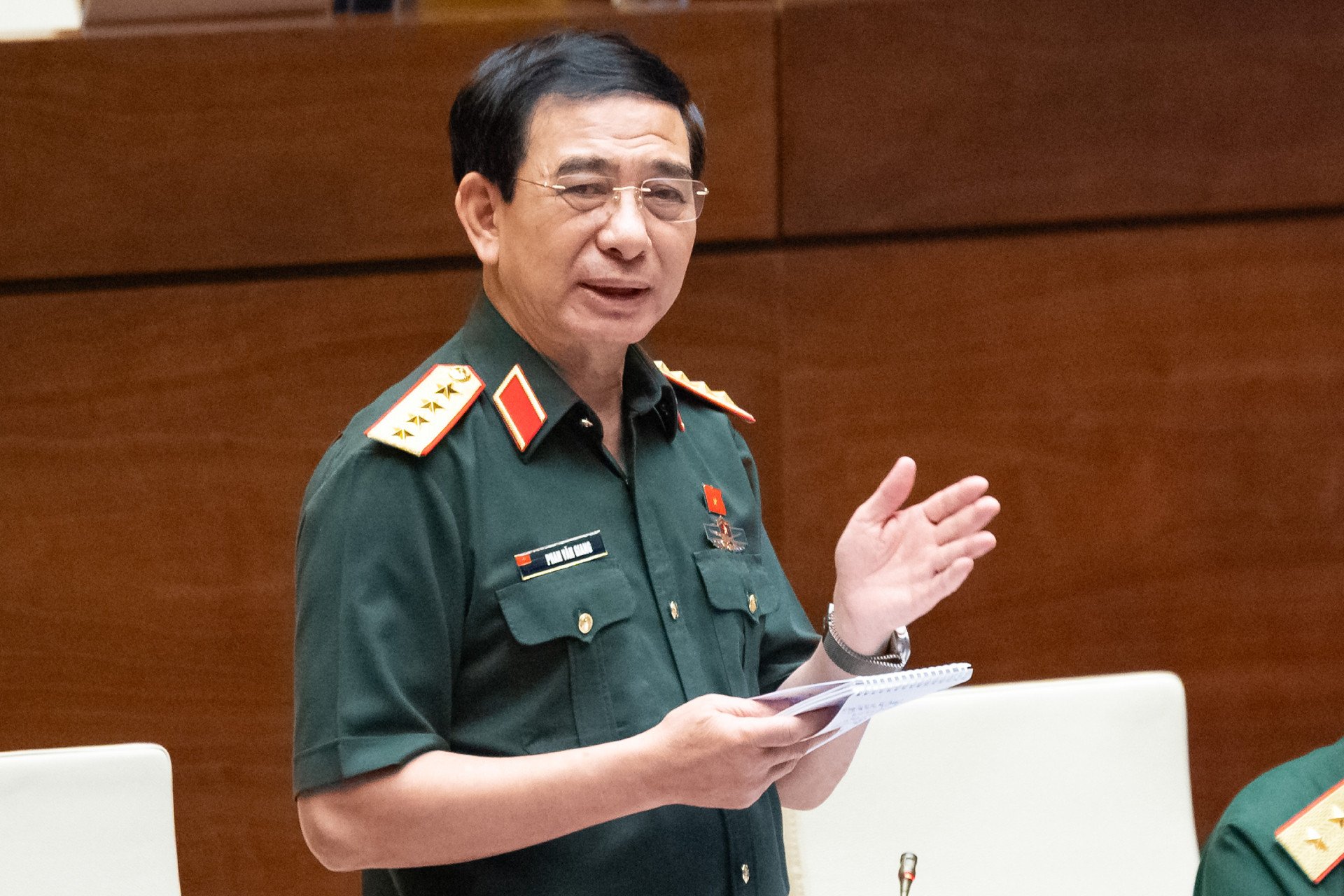
Explaining the above opinion, General Phan Van Giang, Minister of National Defense said: "We want that when people see illegal acts or are caught red-handed, everyone has the right. But in case of a state of emergency, there will be a special patrol team." The Minister said that he would ask to accept the opinion of delegate Hoa and express it more clearly in the decree.
Regarding the opinion that the militia should be regularized, the Minister of National Defense stated that at some point the militia must be more systematic than it is now and have enough capacity. He said that the law, when put into effect, must be long-term, "if we only look at the present and stipulate it immediately, it can be in a decree or circular", but the law must be longer. However, General Phan Van Giang affirmed that the militia will improve its level in the future.
Delegate To Van Tam ( Kon Tum ) stated that the authority to declare a state of emergency belongs to the National Assembly Standing Committee, and the authority to declare a state of emergency belongs to the President. The President shall declare a state of emergency based on the decision of the National Assembly Standing Committee.
In case the Standing Committee of the National Assembly cannot meet, the President shall declare a state of emergency.
"If the National Assembly Standing Committee cannot meet, it cannot decide to declare a state of emergency. If there is no decision to declare a state of emergency, there is no basis for the President to announce it. Because this announcement is based on a resolution of the National Assembly Standing Committee," Mr. Tam raised the issue.
Delegates proposed to adjust in the direction that in the event that the National Assembly Standing Committee cannot meet, the President should be given the authority to declare and announce a state of emergency at the request of the Prime Minister.
Regarding this proposal, General Phan Van Giang said that he will accept and study it so that in case the National Assembly Standing Committee cannot meet, it will be regulated to give power to the President.
"We want to specify it with a task of the Prime Minister, but if it is written as a competent authority, we have to specify it with a decree. We will study this opinion to make it strict," the Minister explained.
Delegate Nguyen Quang Huan (Binh Duong) shared experiences from the Covid-19 pandemic, all difficulties in the implementation process when there was no permanent agency.
The draft law outlines emergency measures and states including: response to natural disasters, environmental disasters, nuclear radiation; epidemics; security and order; national defense emergencies. Accordingly, the draft law outlines the command force in the situation and the enforcement force.
Delegates commented that this regulation is inconsistent and scattered, which will lead to a situation where relief, rescue or volunteer agencies are confused and do not know who to approach.
"If there is an emergency without a unified command agency, it will be very confusing to receive aid, and even those who go to provide aid will become victims," said Mr. Huan.
The delegate cited the Covid-19 outbreak, which initially had many forces participating, but when the situation became complicated like in Ho Chi Minh City, the Ministry of National Defense had to participate and then it was effective. Mr. Huan said that only the Ministry of National Defense has enough forces, means, and experience to respond to emergencies like war.
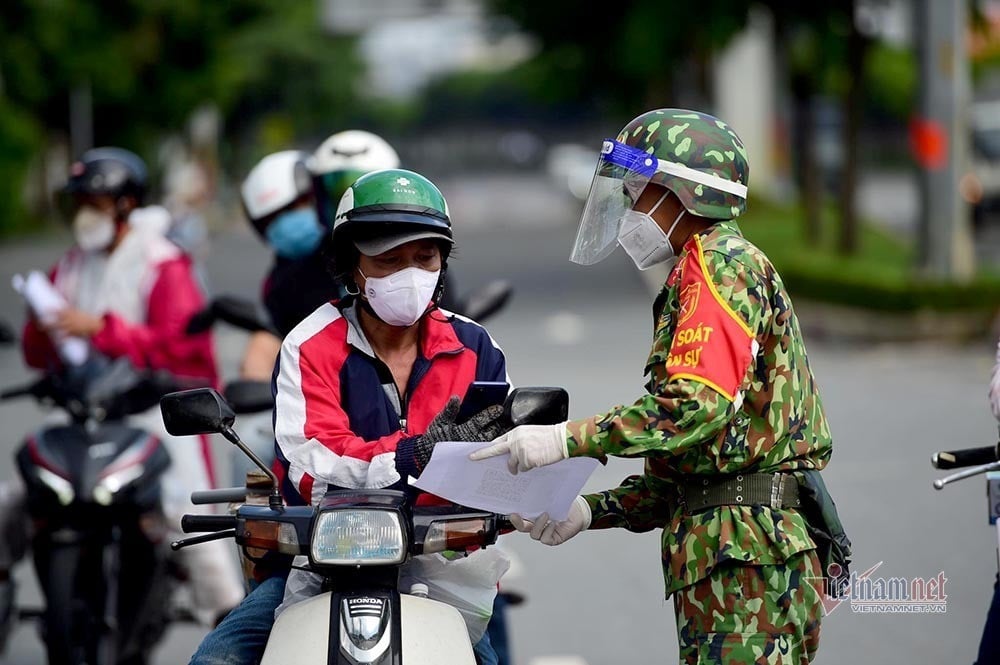
Therefore, he proposed that there be a regulation that the standing agency for the state of emergency should be assigned to the Ministry of National Defense, and the rapid response force should be assigned to the Ministry of Public Security.
Minister of National Defense Phan Van Giang expressed his agreement with the proposal to clearly identify a standing agency in a state of emergency and said that this content will be specifically regulated in a decree or added to the law.
According to him, in emergency situations, the armed forces, especially the Army, are the forces with full conditions, means and organization to take on the core role.
"Mobilizing people's strength is also very good, but people being able to keep their own personal property is very valuable. People helping each other is also very valuable. Other tasks require the participation of specialized forces, especially the Army," General Phan Van Giang emphasized.
Source: https://vietnamnet.vn/dai-tuong-phan-van-giang-noi-ve-doi-tuan-tra-dac-biet-trong-tinh-trang-khan-cap-2415284.html



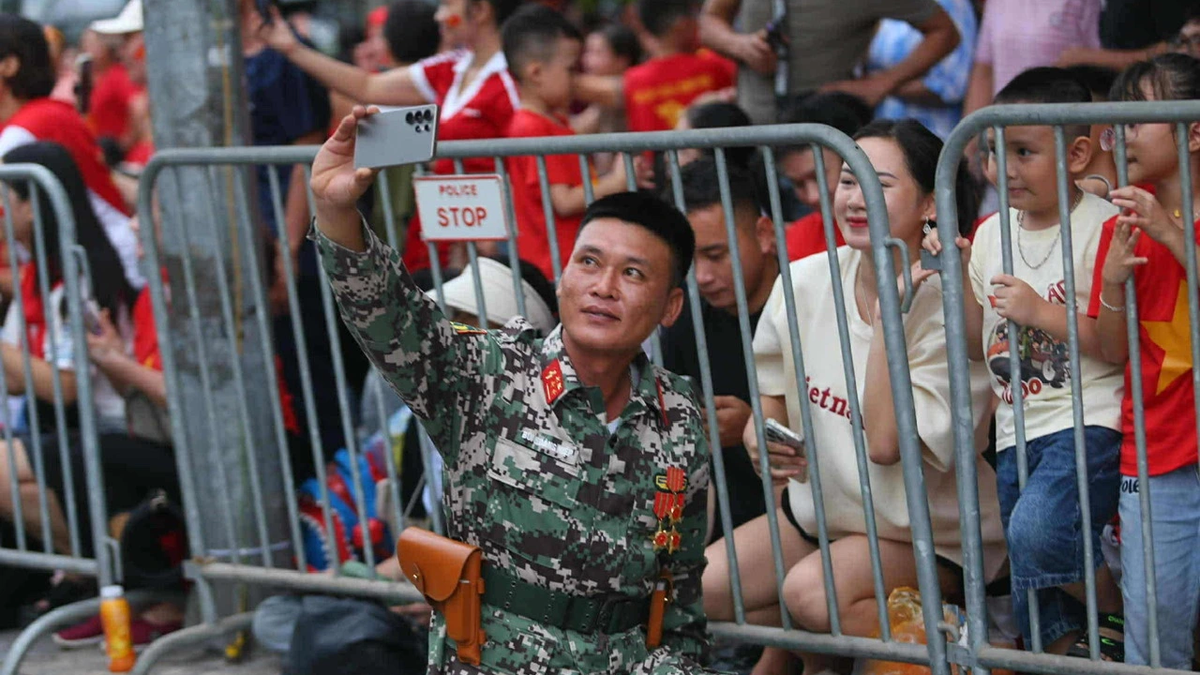
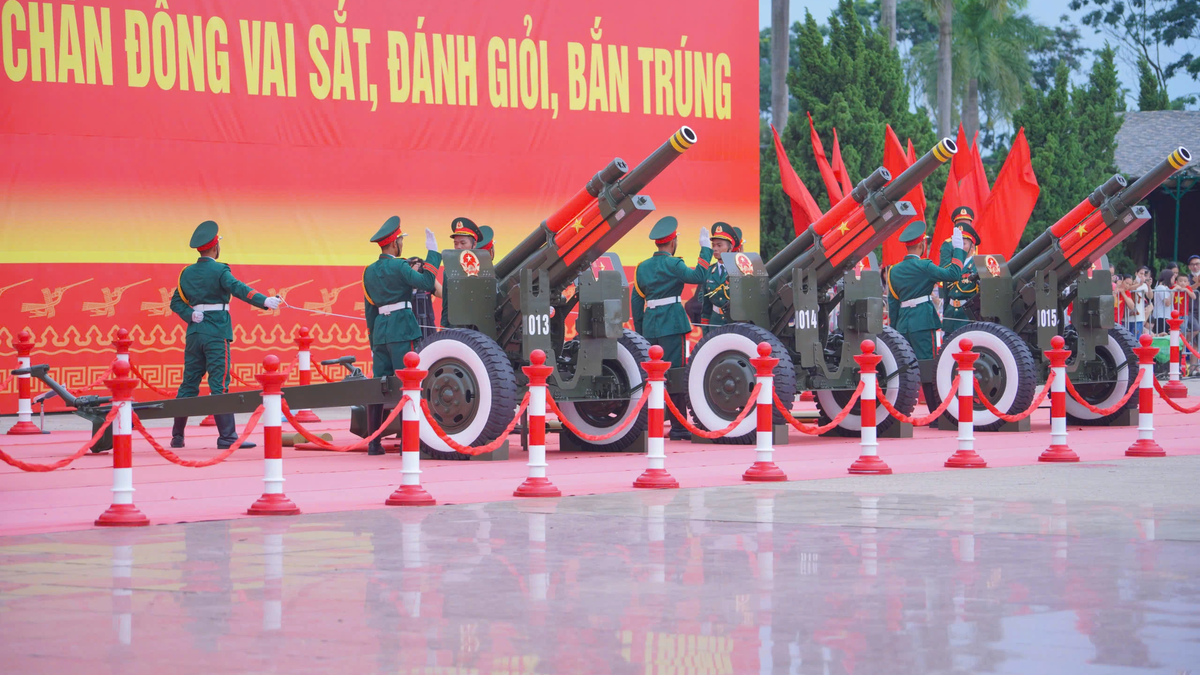
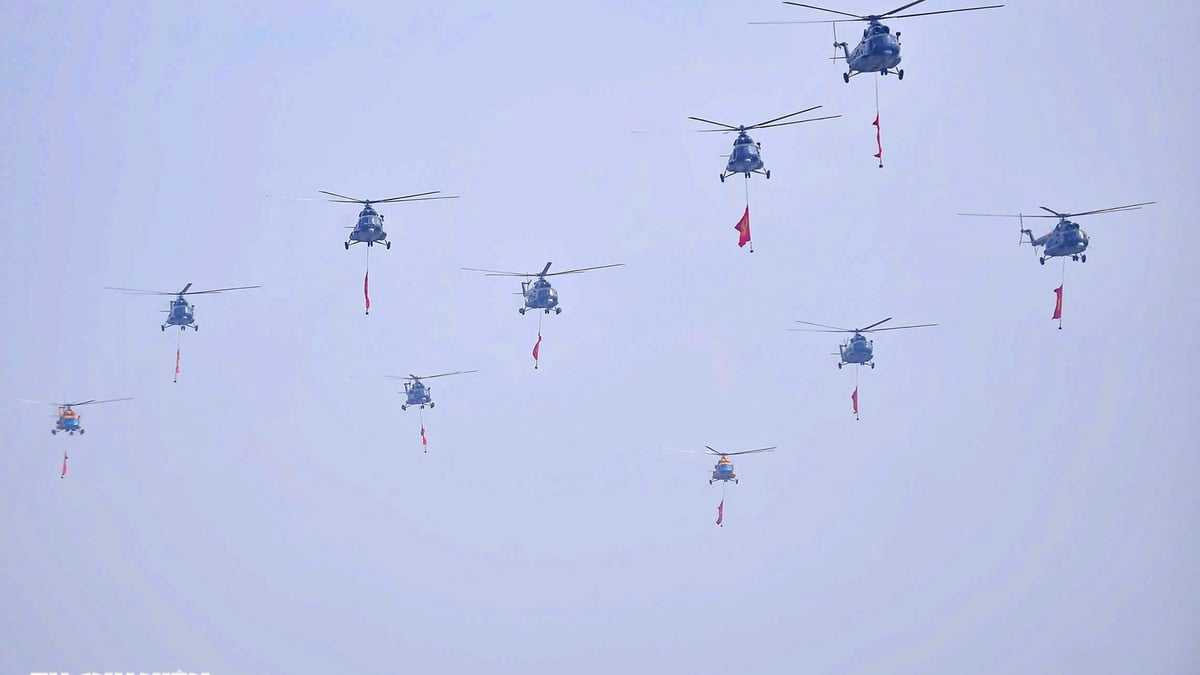
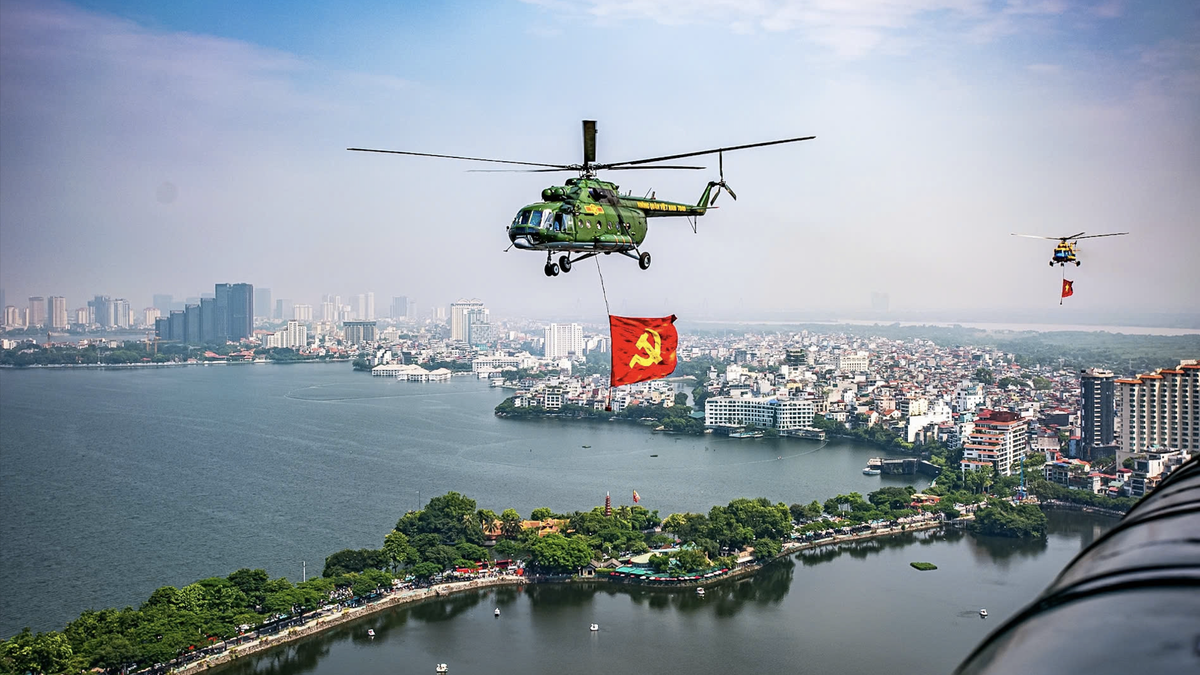
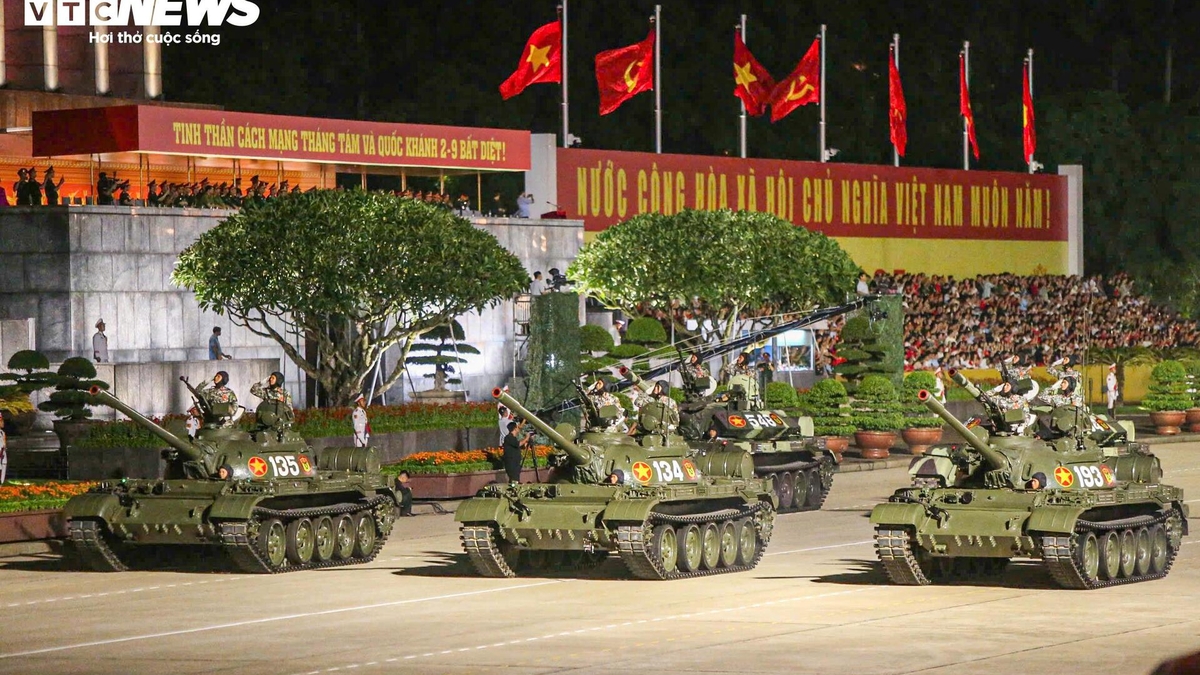
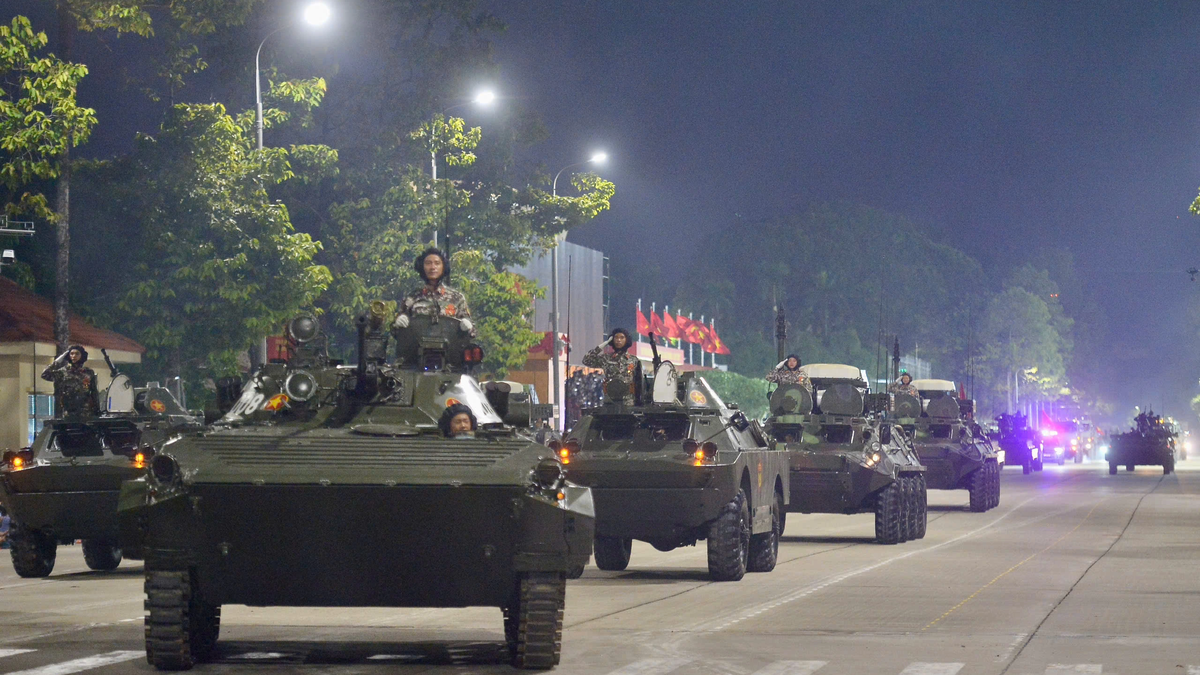
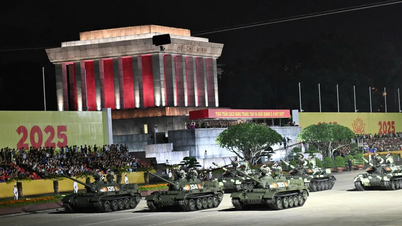


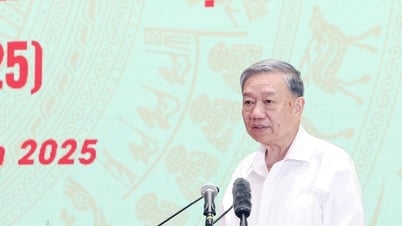
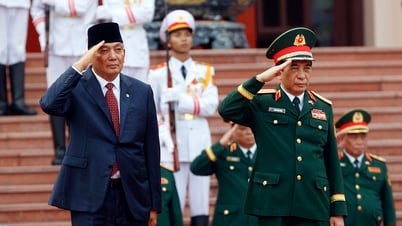
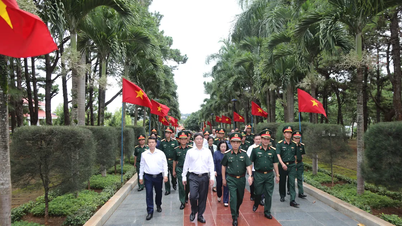
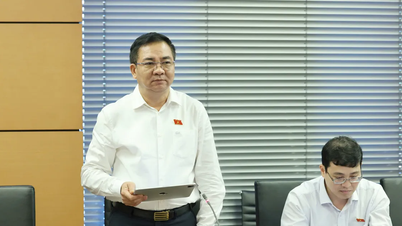
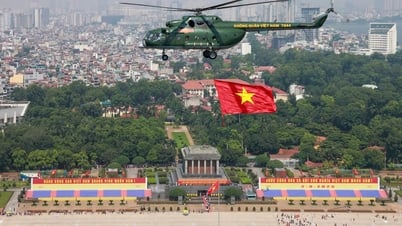

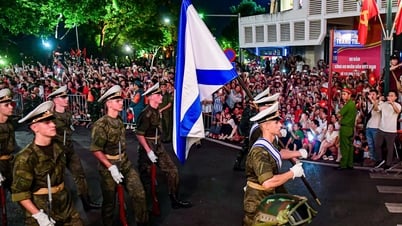
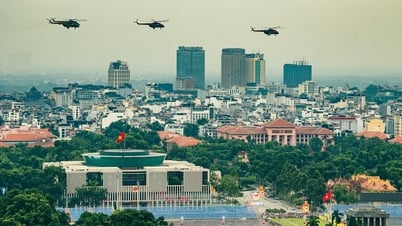
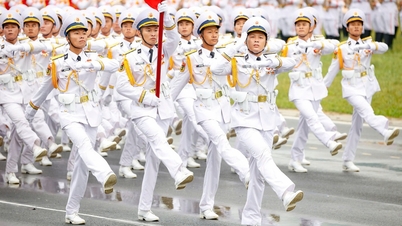
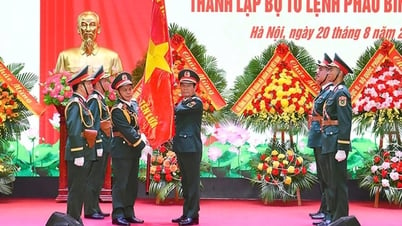
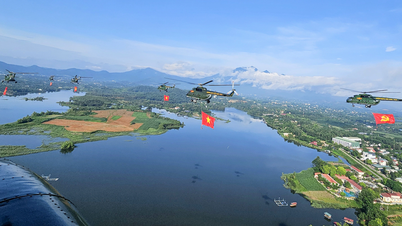



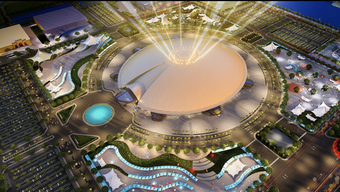

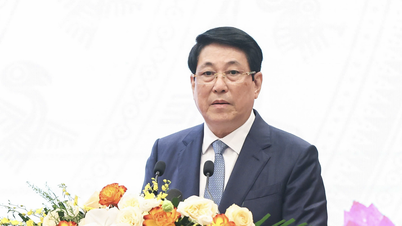

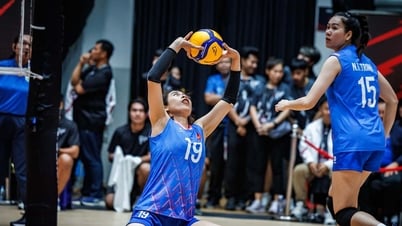



















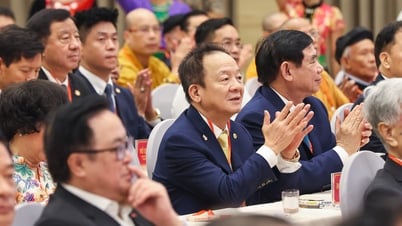


















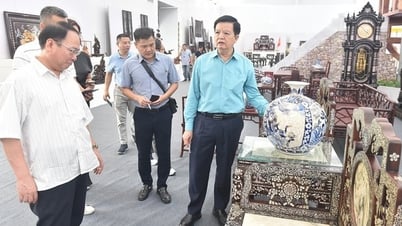

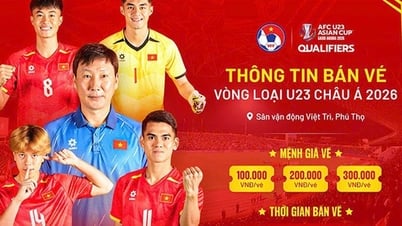






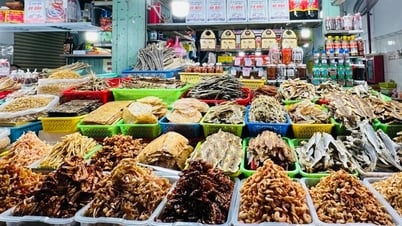
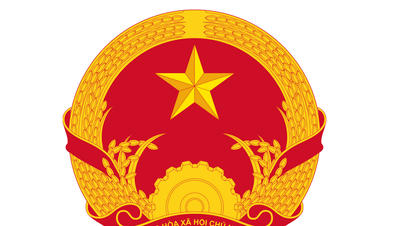
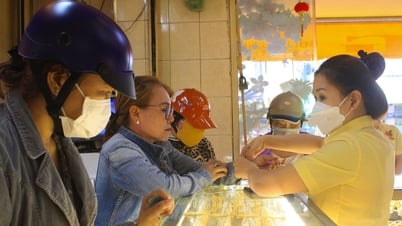



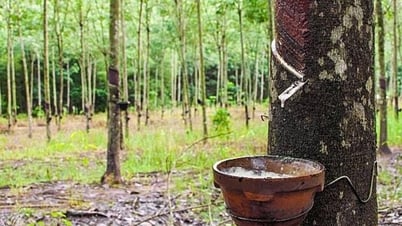














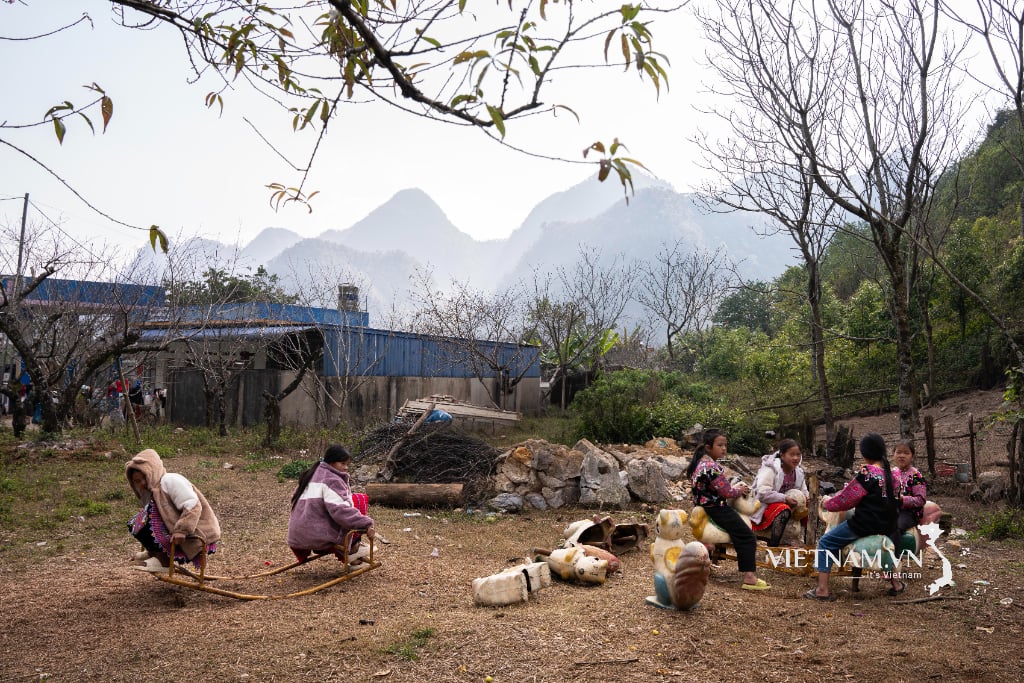
Comment (0)